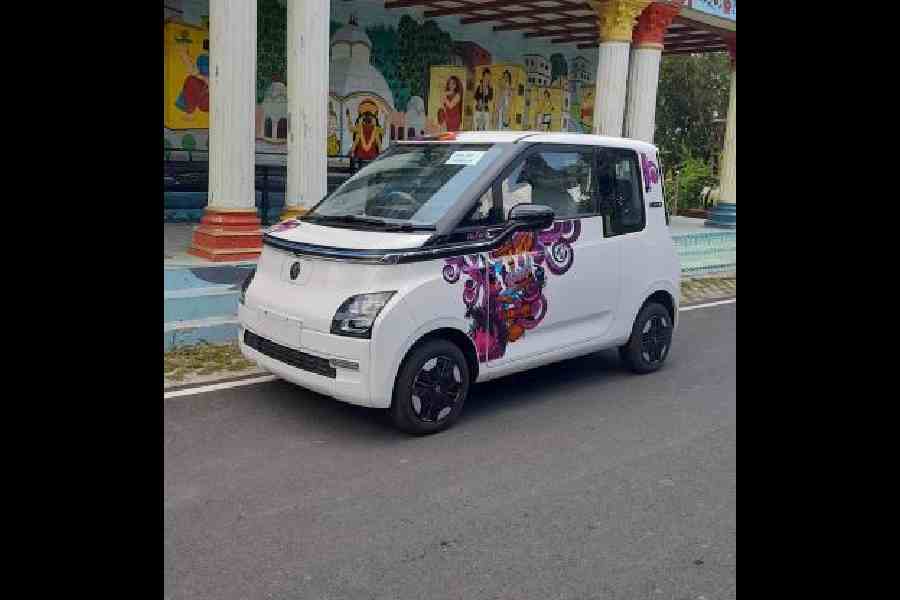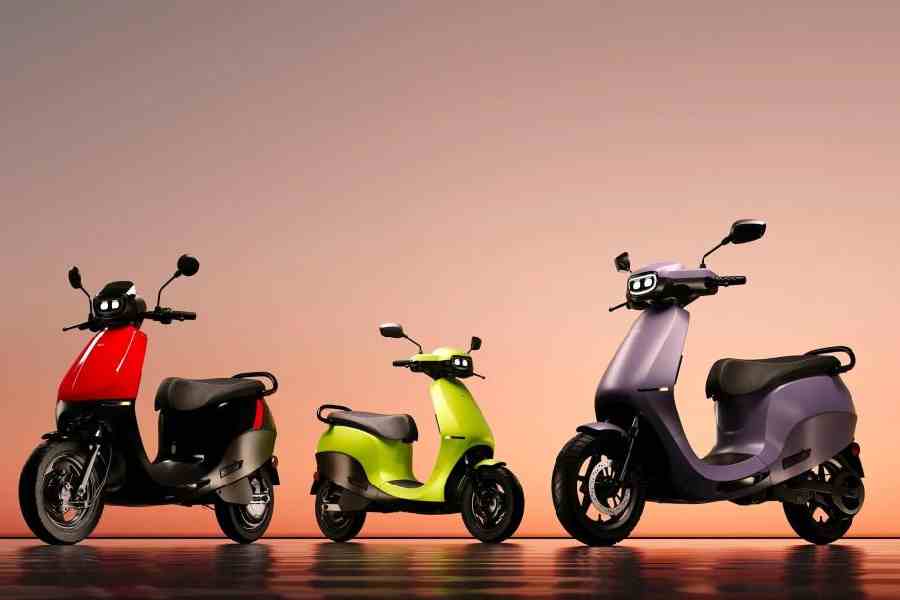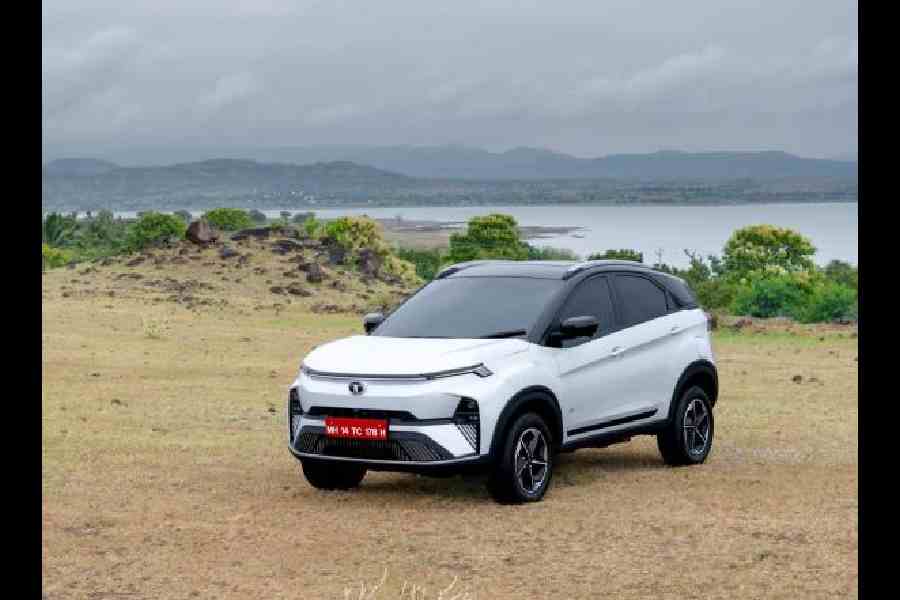A pretty unusual thing seems to be happening in the Indian auto industry. The beginning of the calendar year is typcially the time when auto makers announce price hikes, usually citing higher input costs, and this year was no exception.
Recently, however, some manufacturers have announced a cut in the prices of specific electric vehicles. It is unusual since the normal practice while tackling sluggish markets is to offer discounts and freebies. This time that is not the case and price cuts have been announced and could be pointing to a softening of demand in the EV market that has led to higher than desirable inventory at the dealerships.

MG Comet
Tata, India’s largest EV maker by a long way, has reduced the prices of its top-selling EV, the Tata Nexon, in the range of Rs 25,000 for the entry-level model to Rs 1.20 lakh for the XZ+ Long-range with 7.2kW charger. That’s pretty substantial and should lower consumers’ entry threshold into the EV space to an extent. With the prices of batteries still high, it is often difficult for buyers to stump up the cash right in the beginning and wait for that to get offset over the years of use.
Along with the Nexon, prices of the Tata Tiago EV, too, have been reduced. While the entry-level model prices have been cut by Rs 70,000 to just under Rs 8 lakh, the top-end prices are down marginally to a shade under Rs 12 lakh for the long-range model with the bigger battery.
An EV model that is experiencing slow sales is the MG Comet, which has not really enjoyed a very strong demand pull. So prices there have been reduced by Rs 99,000 for the base model and by Rs 1.40 lakh each for the two higher versions.

Ola Electric scooters
There have been price cuts in the electric two-wheeler space as well. Ola Electric has reduced prices of its S1 Pro, S1 Air and S1X+ by up to Rs 25,000, or around a fifth of its earlier price in some cases. While the company has said it is a temporary move and is only for the month of February, it might be difficult for it to jack up the price in a hurry once buyers get anchored to the lower level. On the plus side, this puts the Ola scooters around the same price level as ICE versions and that means a significant reduction in the long-term cost of ownership.
That is equally true for the Nexon and the Tiago. Ola has said that it is passing on the reduction in input costs to buyers, and if that is a reason why automakers are able to reduce prices, that can only be good news for prospective buyers. Investment bank Goldman Sachs forecasts that battery prices per kWh will fall below $100 in 2025 from about $120 now. Given that the battery accounts for a big chunk of vehicle costs, that will be great.
The question is, will other automakers follow?










